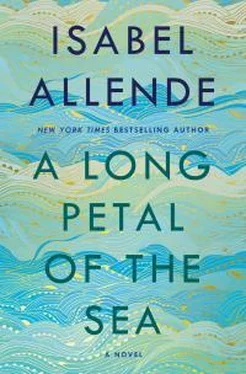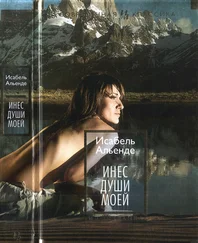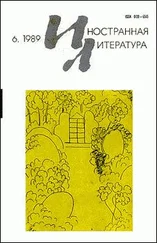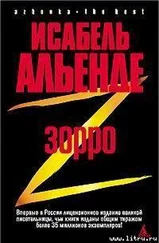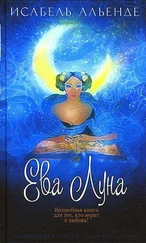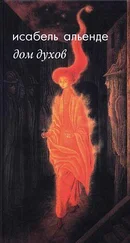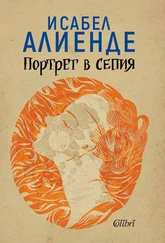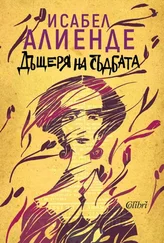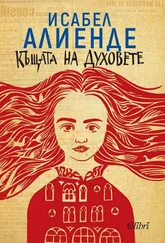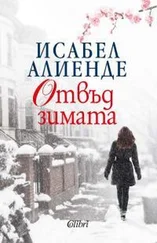The four men received the news without reacting—they had been expecting it. Nearly two years earlier, they had escaped alive from Guernica when it was bombed by the much-feared Condor Legion planes that razed the historic Basque town and sowed death and destruction in their wake. Afterward, they had survived the fires started by incendiary bombs dropped in the nearby forests, where they had sought refuge, and went on to fight in the Euzkadi Army Corps until the final day of the battle for Bilbao. Before the city fell into enemy hands, the Basque high command organized the evacuation of the civilian population to France, while the soldiers continued fighting, dispersed among different battalions. A year after the defeat at Bilbao, Izan and Julen learned that their father and younger brother, prisoners in Nationalist jails, had been shot by firing squad. The two of them were the only ones left of a large family. It was then they decided to desert as soon as they got the chance: democracy, the Republic, and the war no longer meant anything; they no longer knew what they were fighting for. After that they wandered through forests and over steep mountainsides, staying in the same place for no more than a few days at a time, and tacitly following Eki, who knew the region well. In the previous few weeks, as the inevitable end of the war was approaching, they had come upon the other wounded man on the run. They weren’t safe anywhere. In France they wouldn’t be treated with the respect due to a vanquished army or retreating combatants, not even as refugees. They would be regarded as deserters, arrested, and deported back to Spain, into Franco’s clutches.
With nowhere to go, Republican deserters wandered about in small bands. Some hid in caves or the most inaccessible areas, hoping to lie low until the situation returned to normal; others were suicidal, determined to carry on fighting guerrilla warfare against the might of the conquering army. However, such was not the case of the brothers on the mountain. They were disillusioned with everything, as was Eki, who was only interested in surviving in order to one day return to his wife and children. The man with the bandaged head, who looked very young and took no part in the conversation, turned out to be from Asturias. His wound had left him deaf and confused. Jokingly, the others explained to Aitor that they couldn’t get rid of him as they would have wished, because he was such a good shot: he could hit a hare with his eyes closed, didn’t waste a single bullet, and it was thanks to him that they could occasionally eat meat. In fact, they had with them some rabbits they were planning to exchange for other provisions with the mountain guide when he arrived the next day. Aitor couldn’t help but notice the clumsy tenderness they showed the Asturian youth, as if he were a backward child. The men thought Aitor and Roser were married, and so obliged him to sleep in the tent with his wife; that meant two of the men would have to stay out in the cold. “We’ll take turns,” they said, and refused to allow Aitor to take one as well: what kind of hospitality would that be, they protested.
Aitor settled down next to Roser, who was curled up protecting her belly. He lay behind her, hugging her to him for warmth. His bones were aching, he was numb with cold, and he was concerned not just for the safety but for the life of the mother-to-be. He had promised Victor he would be responsible for her. During the arduous climb up the mountainside, Roser had assured him she had strength to spare, and that he shouldn’t worry about her. “I grew up in the mountains looking after goats in winter and summer, Aitor. I’m used to the cold and rain, so don’t think I tire easily.”
As they lay together, she must have sensed his fear, because she took hold of his hand and placed it on her stomach so that he could feel the baby moving. “Don’t worry, Aitor, the child is safe and happy as can be,” she said, between two yawns. At this, the cheerful, valiant Basque who had witnessed so much death and suffering, so much violence and cruelty, secretly wept, head buried in the neck of the young woman, whose smell he would never forget. He shed tears for her, because she didn’t yet know she was a widow; for Guillem, who would never get to meet his child or ever again embrace his beloved; for Carme, who had vanished without saying goodbye; and for himself, because for the first time in his life he doubted his lucky star.
—
THE NEXT DAY THE mountain guide they were expecting arrived early on an old horse, riding at walking pace. He introduced himself as “Angel, at your service,” and boasted that the name suited him, because he was an angel to fugitives and deserters. He brought much- needed provisions, cartridges for their shotguns, and a bottle of spirits that would help relieve their boredom and treat the Asturian’s injury. When they changed the youth’s bandage, Aitor saw he had a deep wound and a hollow in his skull. He thought the intense cold must have prevented it from becoming infected; the youngster must have had an iron constitution to still be alive.
The mountain guide confirmed the news that France had closed the border two days earlier, and that thousands of refugees were blocked there, half-dead from cold and hunger. Armed guards were preventing them from crossing. Angel claimed he was a shepherd, but Aitor wasn’t fooled: just like his own father, Angel had the look of a smuggler, a much more lucrative profession than tending goats. Once this was clarified, it turned out the guide knew the elder Ibarra: in this region everyone in the profession knew one another, he said. There were only a few passes through the mountains, there were many difficulties, and the weather was as fierce as the authorities on both sides of the frontier. In such circumstances, solidarity was unavoidable. “We’re not criminals. We provide an essential service, as I’m sure your father explained to you. It’s the law of supply and demand,” he added.
He insisted it was impossible to reach France without a guide, because the French had reinforced the passes, so they would have to take a secret route that was dangerous at any time, but even more so in winter. He knew it well, because at the onset of war he had taken it to lead International brigadiers into Spain. “Those foreigners were good lads, but lots of them were city boys, and some of them didn’t make it. Anyone who fell behind or fell down a ravine was left where they fell.” He offered to take the two of them across himself, and accepted payment in French money. “Your wife can ride my horse, and we’ll walk,” he told Aitor.
Midmorning, after sharing a drink that purported to be coffee, Aitor and Roser said goodbye to the four men and continued on their way. Their guide warned them they would have to keep going while there was daylight, and if they managed to walk without stopping, they could spend the night in a shepherds’ hut. Aitor was keeping a close eye on him. In this lonely spot, in a region he didn’t know, the man could easily cut their throats, not so much for their money but for his Luger, his penknife, his boots, and the Castilian blanket. They walked for hours on end, frozen stiff, exhausted, their feet sinking into the snow. For long periods Roser walked as well, to spare the horse, which its owner looked after like an elderly relative. They stopped only briefly to rest, drink melted snow, and eat the remains of the mule meat and bread. When it began to grow dark and the temperature dropped so much they could barely see for the frost on their eyelashes, Angel pointed to a promontory in the distance.
It was the promised shelter. It turned out to be a round domed hut with slates used as bricks and a narrow doorless opening that they had to force the horse through to prevent it from freezing to death outside. Inside, the single round low-roofed room was much bigger and warmer than it seemed from outside. There was a pile of firewood, bales of straw, a big bucket full of water, a couple of axes, and some cooking pots. Aitor made a fire to cook one of Angel’s rabbits, and from his saddlebags the guide brought out some sausage, hard cheese, and a dark, dry bread that was better than the one Roser had baked with wartime rations back in Barcelona.
Читать дальше
